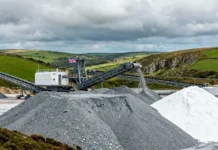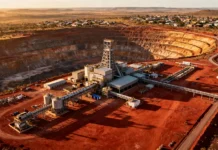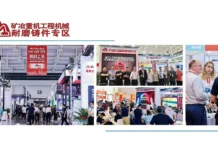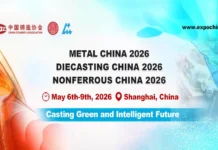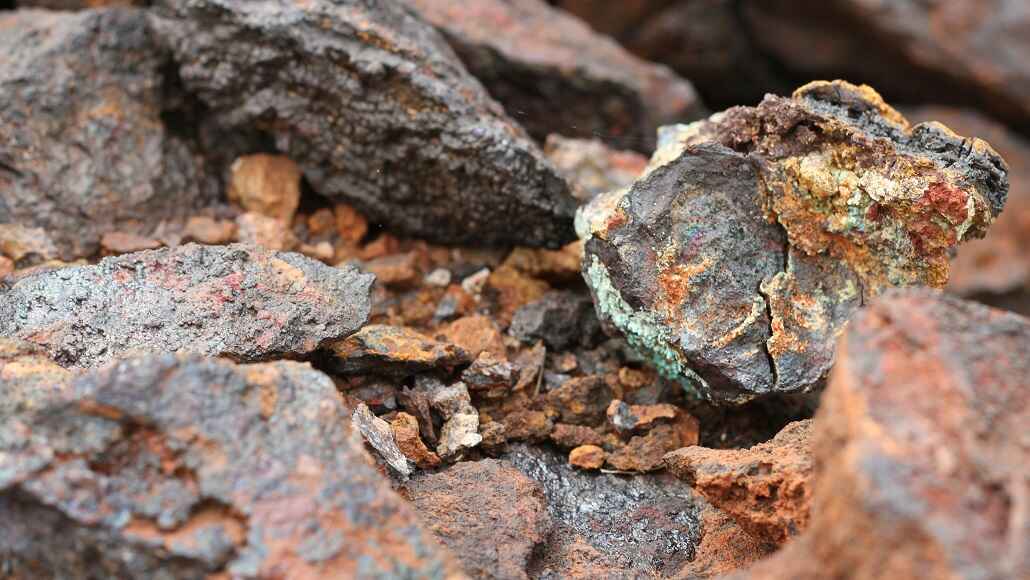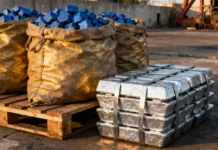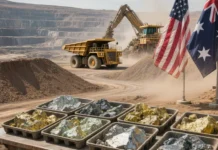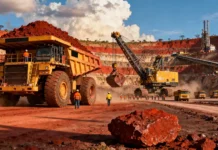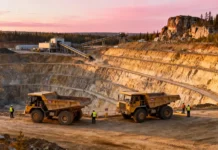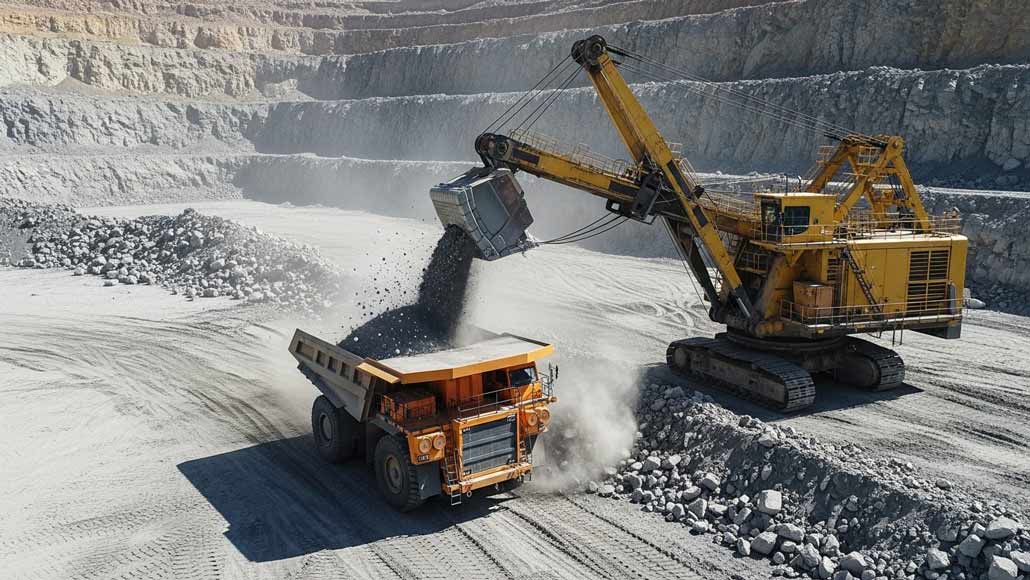The world happens to be entering into an era that involves electric acceleration. Right from electric vehicles along with renewable energy installations to huge data centers as well as smart home devices, the fact is that every sector goes on to consume unthinkable amounts of metals that range from copper and lithium to nickel, cobalt, silver, and of course gold.
As the demand grows, the supply happens to be struggling to keep up with it. The quality of ore is declining, mining projects are getting more challenging, and the costs are increasingly volatile. The demand for copper, which is referred to as the lifeblood of the electric economy, is anticipated to double by the end of the decade, even as the metal concentrations in numerous mines drop below 0.5%, hence making each ton very expensive to extract.
However, the problem is not only technical or geological for that matter – it is also geopolitical. China has gone on to become quite a major power, not just in mining but also, more importantly, in refining, which, by the way, happens to be the final and most strategic stage when it comes to the value chain. Even when the reserves are still getting discovered in the West, they are often sent to China so as to get processed and then return as finished products.
The US has already gone on to recognize this as being a national security challenge and hence imposed tariffs and also encouraged the regulations so as to enable the development as far as its domestic refining capabilities are concerned. Besides this, the Trump administration has also recently gone on to announce almost a billion dollars in funding when it comes to ventures that are engaged in mining and processing as well as manufacturing of critical minerals, in a bid to decrease the dependence of the US on imports.
It is well to be noted that Israel happens to have a direct stake in this challenge. Local industries, especially the ones that are in the defense sector, happen to consume massive amounts of metals. One of the recent reports coming from the Energy and Infrastructure Ministry has gone on to highlight this urgency, noting the critical minerals crisis that Israel faces and its dependency on them. The projections suggest that by 2050, Israel may well need almost 2.7 billion tons, which is indeed an immense demand for a nation that does not have any active mining industry. This kind of a daunting reality also, in a way, opens access to a fertile ground for innovation.
Breaking free from the very susceptible supply chains needs a technological leap—one that helps the metals to be processed in a more efficient, clean, and cost-effective way, and that too including in the West. This is where startups from Israel can step in. While Israel happens to lack mines, it goes on to hold a clear edge in certain transformative domains like green chemistry, electrochemistry, membranes, and artificial intelligence. Making utmost use of these strengths, the country can surely reinvent metal processing, thereby transforming it from being an energy-intensive, traditional, and polluting sector into one that is sustainable, efficient, and also far cleaner. The fact is that there are three promising directions when it comes to innovation that are already emerging:
- Energy efficiency – Technologies which help in refining at lower temperatures and process optimization, as well as predictive maintenance by way of using AI.
- Cleaner chemistry – Moving from polluting processes that need high-temperature smelting along with toxic chemicals to processes based on lower temperatures, safer solvents, and non-toxic catalysts, as well as recycling of chemicals that are used in mineral refining.
- Circular economy – Technologies in terms of optimizing the mining tailings, vehicle batteries, and solar panels, and also recycling electronic waste, thereby enabling the valuable metals to get reused rather than be mined anew. Interestingly, recycling happens to have an additional advantage – if it gets done in Israel, material availability is not going to depend on foreign suppliers, and it also offers a way to go ahead and even obtain materials that are not to be found on Israel’s soil.
The point is that there are young Israeli companies that are already emerging in these kinds of areas, attracting major worldwide interest. Israeli innovation, along with its flexibility, can go on to deliver solutions in quite a reasonable timeframe. Israel also happens to have a major player when it comes to natural resource extraction—ICL. Startups should actually draw on the deep experience as well as expertise of local industrial players and simultaneously go ahead and build global collaborations where the local know-how happens to be quite insufficient.
Notably, a clear national policy is very much necessary so as to foster technological innovation within the mining sector. This must, as a matter of fact, include the support when it comes to incentive packages for startups within the mining and processing verticals, academic research, pilot programs that are dedicated, and regulatory flexibility as far as new technologies are concerned. The incentives at the same time should get directed towards customers who go ahead and adopt products that are made with innovative local technologies or minerals that have originated from Israel. The public-sector buyers, like the defense establishment or even, for that matter, the government ministries, can also play a very massive role when it comes to signalling the required confidence to the market. Complementary tools like the tax incentives or even assistance in financing for certain infrastructure purchases must be taken into account.
It is worth noting that recycling warrants special attention, as it can very well go on to become quite a vital source of materials that are not available in Israel. The fact of the matter is that advanced recycling processes happen to be quite capable in terms of recovering high-quality metals coming from waste, although they often suffer from a dearth of profitability. Notably, a strategic national approach is needed that has in it the regulation, funding, data, and also a dedicated infrastructure. Given the already limited recycling capabilities, this domain looks for a specific focus and also investment.
Apparently, the critical minerals crisis threatens not just the worldwide shift to clean energy and electrification, but also the equilibrium of global industry in totality. Yet it also happens to offer Israel a very distinct opportunity to be a leader in a field that has gone on to receive very little attention locally till now. By way of investing in it today, Israel can extend the startup nation edge that it holds into yet another prominent climate-tech domain that shapes not only the future of code or software but also, at the same time, even the processing of the raw materials that go on to power the new economy.




